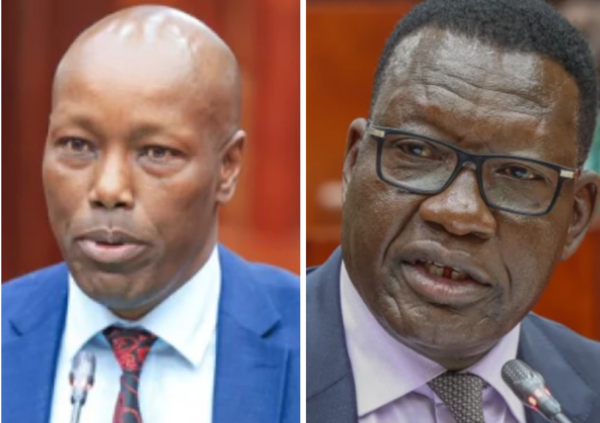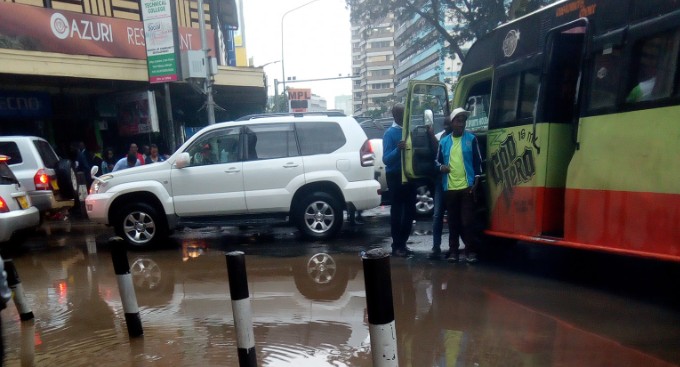Treasury doubles budget for Turkana oil project as Kenya accelerates path to commercial production

With Gulf Energy now in charge and the government laying down groundwork for field development plan approval, the project appears to be gaining fresh momentum after years of stagnation.
The National Treasury has more than doubled the budget for the Turkana oil project as Kenya moves closer to developing and commercialising the oil reserves discovered over a decade ago in the South Lokichar Basin.
New budget estimates show an allocation of Sh1.67 billion for the 2024/25 financial year to support research, feasibility studies and project design for the Lokichar-Lamu Crude Oil Pipeline (LLCOP) and the South Lokichar Oil Field Development. This is an increase from the current budget of Sh806 million.
More To Read
- Report proposes public-private partnership trust fund to tap pension, insurance capital to fund projects
- Contractors await Treasury’s verdict as review on Sh518.7bn pending bills nears completion
- Political Parties office gets Sh213 million boost in pre-election budget
- Petition exposes Sh975 billion debt linked to Treasury’s budget law breach
- Housing levy collections set to jump by 46% as govt eyes Sh95.8 billion
- Treasury revives plan to grant KRA real-time access to personal data in push for more tax
Energy Cabinet Secretary Opiyo Wandayi said the government is focused on approving the field development plan (FDP) for the oilfields in the 2025/26 financial year. The plan outlines how the oilfields will be developed and operated.
“The increase is to cover a number of activities envisaged to be implemented after the approval of the FDP, such as the infrastructural development, detailed engineering of the crude oil pipeline, land surveys and acquisition process costs,” Wandayi told the Daily Nation.
The budget for the crude oil pipeline project has been increased to Sh890 million from Sh454 million, while the allocation for the oil field development has risen to Sh780 million from Sh352 million.
The increased funding is meant to speed up critical early-stage activities as the government sets the stage for full commercial operations.
Commercially viable oil
Kenya discovered commercially viable oil in 2012 in blocks 10BB, 13T and 10BA located in South Lokichar, Turkana County.
However, the project has faced repeated delays due to a lack of financing and the government's rejection of an earlier development plan submitted by British company Tullow Oil.
The Ministry of Energy recently announced it is seeking consultants to develop a resettlement and compensation plan for communities that will be affected by the oil pipeline and related infrastructure. This signals a ramp-up in preparations for construction and operations in the oil-rich region.
British oil explorer Tullow Oil had long struggled to attract investors to the project. Its challenges were compounded by financial pressures, leading to the sale of the Turkana oil project to Gulf Energy for 120 million dollars (about Sh15.5 billion). The payment will be made in three instalments, with the final one due in June 2033.
In 2022, Tullow was forced to sell a 50 per cent stake in the project, 25 per cent each to Total and Africa Oil, as it sought to bring in partners to de-risk the development. However, the two firms exited the project a year later, leaving Tullow in full control once again.
The LLCOP will serve as the key infrastructure to transport crude oil from South Lokichar to the port of Mombasa. From there, the crude will be exported for refining.
The design and engineering of the pipeline are among the areas that will benefit from the increased budget allocation in the new financial year.
With Gulf Energy now in charge and the government laying down groundwork for FDP approval, the project appears to be gaining fresh momentum after years of stagnation.
Top Stories Today















































